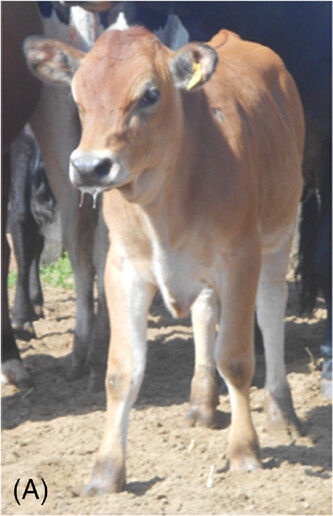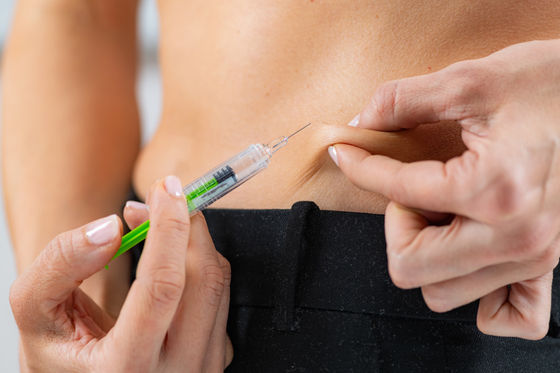It is possible to produce 'insulin-containing milk' with genetically modified cows, and insulin may be produced cheaply

Human proinsulin production in the milk of transgenic cattle - Monzani - 2024 - Biotechnology Journal - Wiley Online Library
https://analyticalsciencejournals.onlinelibrary.wiley.com/doi/10.1002/biot.202300307
Milk to the rescue for diabetics? Illinois project creates first insulin-producing cow | College of Agricultural, Consumer and Environmental Sciences | UIUC
https://aces.illinois.edu/news/milk-rescue-diabetics-illinois-project-creates-first-insulin-producing-cow
Transgenic cows boost human insulin production by 10X
https://newatlas.com/science/cows-low-cost-insulin-production/
In the human body, insulin is first synthesized in the pancreas as a precursor protein, ``proinsulin,'' and is converted into insulin just before being secreted. In addition, previous insulin preparations were produced by purifying animal internal organs, but at the time of writing, the current injectable insulin is produced by incorporating the human insulin gene into bacterial DNA, and has a large Insulin synthesized by bacteria cultivated in tanks is purified and made into formulations.
Now, a research team led by Matthew B. Wheeler of the University of Illinois at Urbana-Champaign in the United States introduced human DNA encoding proinsulin into cow embryo cells and implanted them into the uterus of a normal cow. A transgenic calf was born.

The resulting calves grew to produce milk containing human proinsulin and insulin. The secretion of milk containing insulin directly was unexpected, Wheeler said, ``Our goal was to first produce proinsulin and then refine it into insulin. 'The transgenic cow has done it on her own. She produces the biologically active insulin and proinsulin in a ratio of about 3:1. The mammary gland is absolutely magical.' I'm talking.
Milk from transgenic cows contained several grams of insulin and proinsulin per liter. It is not yet known exactly how much insulin this animal could produce, as it produced less milk than a normal cow, but the research team has some pretty promising predictions.
According to Wheeler, assuming that dairy cows secrete 1g of insulin per liter of milk, and applying this to the typical Holstein milk production of 40 to 50 liters per day, that's a significant amount of insulin they can produce. .
Let's actually calculate it. First, one international unit (IU) of insulin is equivalent to 0.0347 mg of pure insulin crystals. Paul McClure, a writer for the science news site New Atlas, is a type 1 diabetic and takes 8 to 10 units of fast-acting insulin at lunch. Assuming that 10 units are needed per meal, one liter of genetically modified milk would provide enough insulin for 2,881 lunches, or eight years. Although lunch is only one meal of the day, it is intuitively obvious that it is still a significant amount.

Transgenic cows need FDA approval as well as efficient harvesting and purification systems before they can provide insulin to diabetics around the world, but it won't take long. Mr. Wheeler believes it is.
'We can already see a future in which 100 cows, the size of a small dairy farm in Illinois or Wisconsin, can produce all the insulin Americans need,' Wheeler said. It is no dream to produce 100% of insulin.'
Related Posts:







